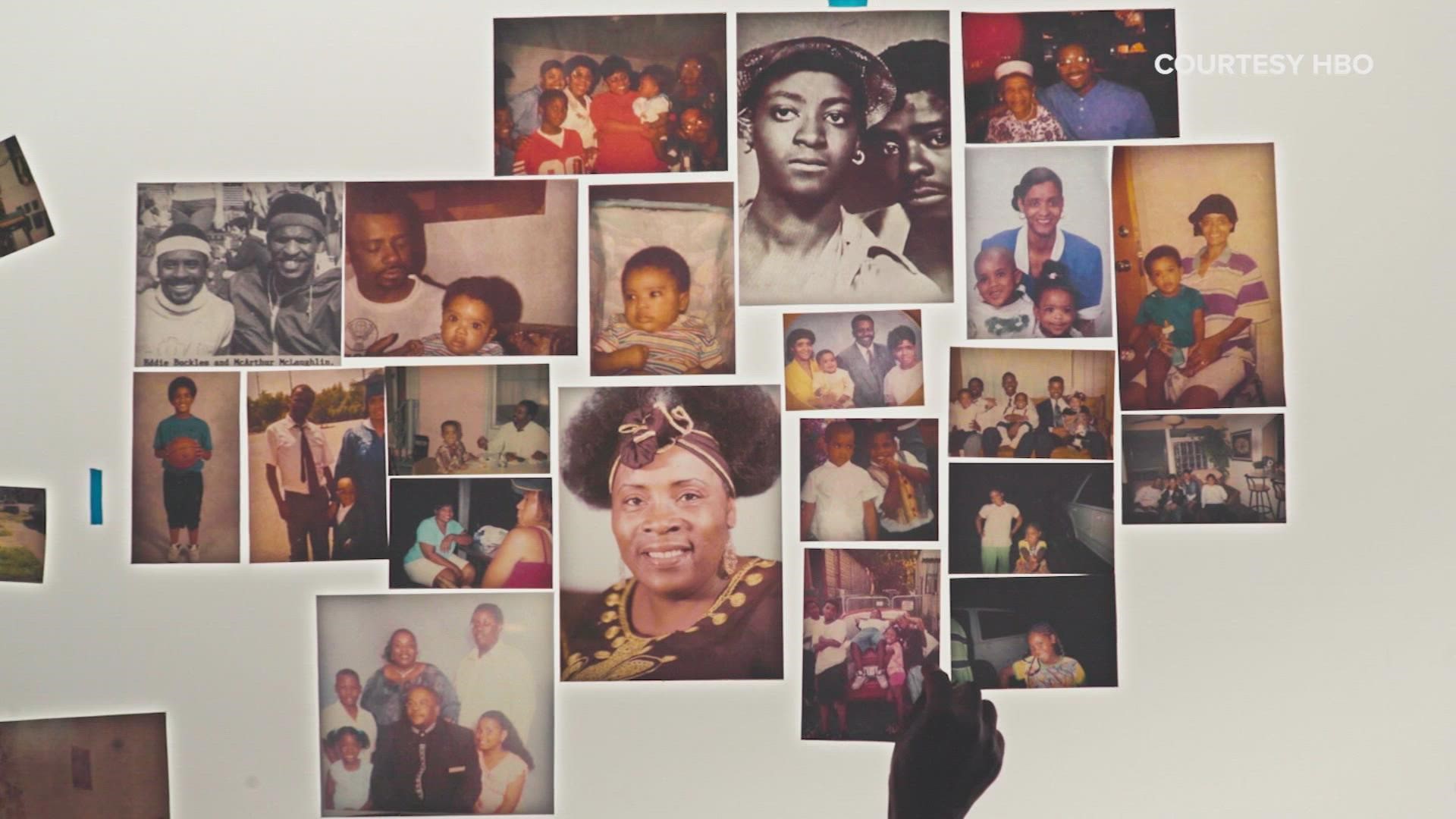NEW ORLEANS — Seventeen years ago, much of New Orleans was underwater due to Hurricane Katrina.
A new HBO documentary aims to uncover the storm's mark on the city and the children who lived through it.
The director, Edward Buckles, Jr., was 13 when he evacuated the city with his family. But many of the people who stayed had to be rescued from their homes. Some children were separated from their families. Buckles says he realized, years later, that no one ever asked his peers how they were doing. So, he did.
A series of 911 calls in the documentary tells a familiar story of people trapped in their homes.
“We are in 9 feet of water and we are trying to get out. We punched a hole in the attic,” one man said.
“I need someone out here ma’am. I’m going to die in the attic. The water started rising in the attic ma’am, I’m going to drown in the attic,” another caller said.
“The helicopters passed over us, but they never stopped,” a little girl cried.
People climbed on rooftops, cars and higher ground to escape the disaster below. The images of helicopters and boats coming to their rescue made headlines across the country.
“Every year, I hear that New Orleans is rebuilt. Every year, I hear that New Orleans is back. I hear that, oh, my God, they're doing so well, look at how far they bounced back from Hurricane Katrina. But then living in New Orleans and seeing the conditions, having family who didn't return to New Orleans because of the conditions, it just makes me question all that,” Buckles said.
More than a decade later, Buckles sought to tell a different story.
His documentary, "Katrina Babies," shows the mark the hurricane left on a generation of children, specifically black children.
“Katrina had birthed this whole new life for young people in New Orleans. It was the birth of this brand-new set of problems,” Buckles said.
Buckles interviewed people who were between the ages of three and 19 when Katrina made landfall in New Orleans.
“No one asked the children how they were doing. So, I am,” Buckles explains in the HBO documentary.
Cierra Chenier was just 6 years old during Katrina. As an adult still living in New Orleans, she had noticed a loss of culture and history.
“The displacing of black communities all over the city started to cause this trickledown effect. You are no longer in the community you came up in. You are now being put in concentrated areas or pockets to where people who are territorial and are super hard-up about where they are from, now being placed in certain parts of the city because they were displaced or lost their homes. Now the rent for the whole street has gone up and now new people have moved in. Think about what that does to a community. It destabilizes it,“ Chenier said in the documentary.
Chenier and others say their interviews with Buckles helped them release a storm of emotions they had bottled up for more than a decade.
“Everything you consider as part of who you are was reduced to a trash bag,” Chenier said.
Chenier says her family salvaged water-damaged photographs, a pair of her old baby shoes and some pottery that she made as a child at one of her birthday parties.
Chenier and some of the other subjects featured in Katrina Babies say “survivor guilt” kept them from sharing their stories.
“What did I have to share? I wasn’t in the ward. I wasn’t in the attic. I wasn’t on a roof. It wasn’t until he (Buckles) sat me down and started asking those questions, I realized I had a story and I didn’t know how much this affected me,” Chenier said.
Buckles said it gave him purpose and an opportunity to effect change. But it also made him realize he, too, has a story and a heavy cross to bear.
“The hardest part about making this film is how true it is. You know, the success of this film rides on the fact that New Orleans is not okay. The youth are not okay. I think we still have a lot of work to do when it comes to trauma. I have a lot of healing to do when it comes to making this film and hearing all of these stories, but also, I have a lot healing to do when it comes to growing up in post-Katrina New Orleans and being a Katrina baby,” Buckles said.
Buckles says he was inspired to start working on this film several years ago while taking a documentary class in college.
Katrina Babies is streaming on HBO and HBO max.

